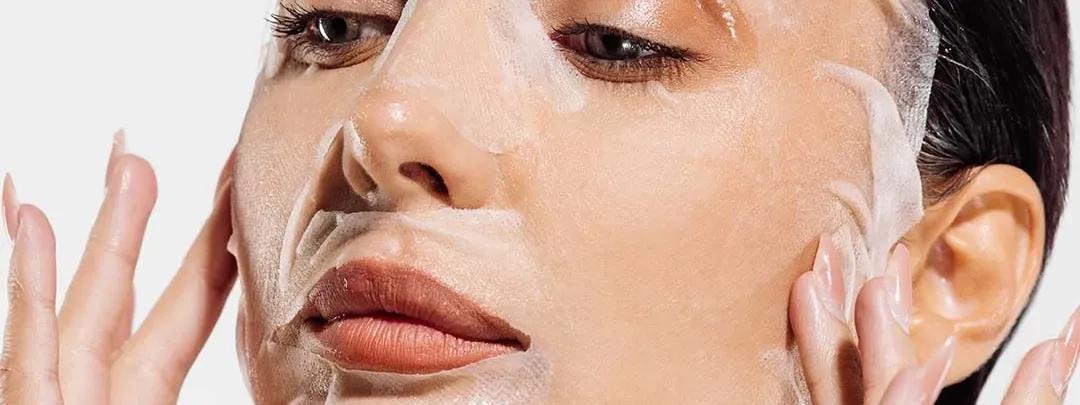Right, let's talk masks—because honestly, wandering down the skincare aisle staring at rows of colorful packets can feel a bit overwhelming. Between clay masks, sheet masks, overnight treatments, and those fancy anti-aging solutions, how do you know which one's actually worth a try? The truth is, the perfect skincare mask isn't about what's trending on your feed—it's about what works for your specific skin type and concerns. Whether you're dealing with pesky breakouts, looking for that glow-up, or just want to pamper yourself after a long day, there's definitely a mask out there that might just become your new obsession. Let's break it down so you can find your match without the guesswork.
Understanding Your Skin Type and Concerns
Before you dive into the world of facial treatments, you need to know what you're working with. Think of it like dating—you wouldn't swipe right on just anyone, right? Your skin has its own personality, and understanding it is the first step to finding products that actually work. Most skin falls into one of five categories: normal, oily, dry, combination, or sensitive. Each type has different needs when it comes to hydration, oil control, and sensitivity levels.
Beyond your basic skin type, you've probably got specific concerns that bug you—whether that's stubborn acne, fine lines creeping in, dullness that no amount of highlighter can fix, or dehydration that makes your skin feel tight. Identifying both your skin type and your main concerns helps narrow down which masks will actually do something for you rather than just sit pretty on your shelf.
How to Determine Your Skin Type
Here's a simple trick that actually works: wash your face with a gentle cleanser, then don't apply anything for about an hour. Notice how your skin feels—tight and flaky? You're likely dry. Shiny all over? Probably oily. Oily in your T-zone but normal elsewhere? That's combination skin. If your skin feels comfortable without any products, you've got normal skin (lucky you!). Sensitive skin usually makes itself known through redness or irritation.
Identifying Your Specific Skin Concerns
Look in the mirror and be honest about what bothers you most. Are you dealing with regular breakouts that need an acne-fighting mask? Notice your skin looking a bit lacklustre lately? A brightening mask might be your answer. Fine lines starting to show? Time to explore anti-aging solutions. Sometimes you might have multiple concerns, which is totally normal—just prioritise what bugs you most.
Types of Skincare Masks and Their Benefits
Now for the fun bit—exploring all the different types of masks and what they actually do. Think of masks as targeted treatments that give your skin an intensive boost in specific areas. Unlike your daily skincare routine, masks are designed to deliver concentrated ingredients that address particular concerns. From deep pore cleansing to overnight hydration, each type has its own superpower.
The key is matching the right mask type to what your skin actually needs. No point in using a clay mask if you're dealing with dry, flaky skin, right?
Clay Masks for Deep Cleansing
Clay masks are basically magnets for oil and grime. They work by absorbing excess sebum and pulling impurities from your pores, making them perfect for oily and acne-prone skin. The clay literally draws out the nasties while tightening your pores. You'll know it's working when it starts to feel tight as it dries.
Hydrating Masks for Moisture Boost
If your skin feels like the Sahara desert, a hydrating mask is your oasis. These masks are packed with moisture-loving ingredients like hyaluronic acid and glycerin that plump up your skin and lock in hydration. Perfect for dry skin or when your complexion needs a drink after too many late nights.


 100 gm
100 gm 50 gm
50 gm 50 gm
50 gm 100 gm
100 gm